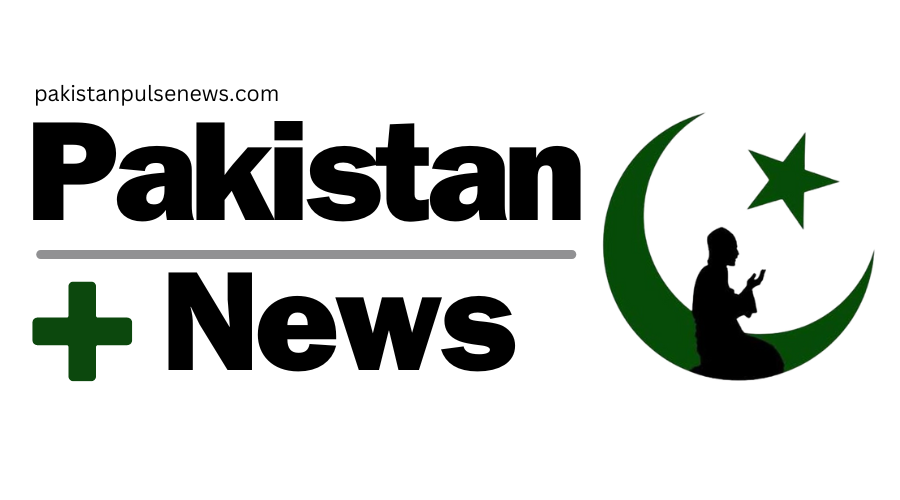The Supreme Court’s conservative majority appeared ready on Thursday to rule that former presidents have some degree of immunity from criminal prosecution, a move that could further delay the criminal case against former President Donald J. Trump on charges that he plotted to subvert the 2020 election.
Such a ruling would most likely send the case back to the trial court, ordering it to draw distinctions between official and private conduct. Though there was seeming consensus among the justices that the case could eventually go forward based on Mr. Trump’s private actions, the additional proceedings could make it hard to conduct the trial before the 2024 election.
There were only glancing references to the timing of the trial and no particular sense of urgency among the more conservative justices at Thursday’s argument. Instead, several of them criticized what they suggested was a political prosecution brought under laws they said were ill suited to the case at hand.
If the court effectively blocks a prompt trial, particularly after it acted quickly in March to restore Mr. Trump to the ballot in Colorado, it will surely ignite furious criticism from liberals and others who view the former president’s actions as an assault on democracy and the rule of law.
Chief Justice John G. Roberts Jr., who understands himself to be the custodian of the court’s prestige and legitimacy, did not tip his hand very much, though he seemed deeply skeptical of the decision from a unanimous three-judge panel of an appeals court in Washington rejecting Mr. Trump’s immunity claim.
The appeals court ruled, he said, quoting from its decision, that a former president can be prosecuted for his official acts “because the fact of the prosecution means that the former president has allegedly acted in defiance of the laws.”
Michael R. Dreeben, a lawyer on the special counsel’s team, said the passage was tautological, a term the chief justice seized on.
“Why shouldn’t we either send it back to the court of appeals or issue an opinion making clear that that’s not the law?” Chief Justice Roberts asked.
Such further proceedings would take time, of course. If Mr. Trump prevails in the election, he could order the Justice Department to drop the charges.
The argument, which lasted more than two and a half hours, was largely focused on whether Mr. Trump and other presidents could be prosecuted for their official conduct and on how to tell the difference between those actions and private ones.
D. John Sauer, Mr. Trump’s lawyer, argued for an expansive understanding. In answer to hypothetical questions, he said that presidential orders to murder political rivals or stage a coup could well be subject to immunity.
But several of the conservative justices seemed disinclined to consider those questions or the details of the accusations against Mr. Trump. Instead, they said the court should issue a ruling that applies to presidential power generally.
“We’re writing a rule for the ages,” Justice Neil M. Gorsuch said.
Justice Brett M. Kavanaugh also said the court should think about the larger message of its decision. “This case has huge implications for the presidency, for the future of the presidency, for the future of the country,” he said, adding: “It’s going to cycle back and be used against the current president or the next president.”
Justice Samuel A. Alito Jr., in an inversion of the conventional understanding of the Jan. 6, 2021, attack on the Capitol, said that a ruling for Mr. Trump could enhance democratic values.
“A stable, democratic society requires that a candidate who loses an election, even a close one, even a hotly contested one, leave office peacefully,” he said, adding that the prospect of criminal prosecution would make that less likely.
“Will that not lead us into a cycle that destabilizes the functioning of our country as a democracy?” he asked. “And we can look around the world and find countries where we have seen this process, where the loser gets thrown in jail.”
Justice Gorsuch identified what he said was another negative consequence of allowing prosecutions of former presidents. “It seems to me like one of the incentives that might be created is for presidents to try to pardon themselves,” he said.
Justice Sonia Sotomayor said she had a different understanding. “A stable democratic society,” she said, “needs the good faith of its public officials.”
If there was a member of the court’s six-justice conservative majority who seemed ready to send at least a part of the case to trial in the near future, it was Justice Amy Coney Barrett. She elicited concessions from Mr. Sauer that, for instance, Mr. Trump’s use of “a private attorney who was willing to spread knowingly false claims of election fraud to spearhead his challenges to new election results” was private conduct.
Mr. Dreeben, the government lawyer, said it was beyond question that parts of the case concerned private conduct.
“When working with private lawyers and a private public relations adviser to gin up fraudulent slates of electors,” Mr. Dreeben said, “that is not any part of a president’s job.”
Mr. Trump is accused of a sprawling effort to overturn the outcome of the 2020 election, including by seeking to recruit bogus slates of electors in a bid to alter vote counts and pressuring an array of officials, like Vice President Mike Pence, to subvert the results. Mr. Trump faces a count of conspiring to defraud the government, another of conspiring to disenfranchise voters and two counts related to corruptly obstructing a congressional proceeding.
The case before the court involves just one of four sets of pending criminal charges against Mr. Trump, including those at issue in a trial underway in state court in Manhattan over accusations of hush-money payments meant to skew the 2016 election. Whatever happens after Thursday’s argument, the 2024 election will take place in the shadow of the criminal justice system.
Justice Alito proposed a broad principle to distinguish official and unofficial conduct. “Suppose,” he said, “the rule were that a former president cannot be prosecuted for official acts unless no plausible justification could be imagined for what the president did, taking into account history and legal precedent.”
Justice Sotomayor objected, saying that “plausible” is little different from absolute. “What is plausible about the president insisting and creating a fraudulent slate of electoral candidates?” she asked.
The two lawyers on Thursday faced many questions about which of Mr. Trump’s acts were official and which private. They drew different lines, but neither took a categorical position.
Justice Kavanaugh said more work needed to be done.
“The president is subject to prosecution for all personal acts, just like every other American for personal acts,” he said. “The question is acts taken in an official capacity.”
Lower courts, he said, should sort out which is which.
The court has heard two other cases this term concerning the Jan. 6 attack on the Capitol.
In March, the court unanimously rejected an attempt to bar Mr. Trump from the ballot under Section 3 of the 14th Amendment, which made people who engage in insurrection ineligible to hold office. The court, without discussing whether Mr. Trump was covered by the provision, ruled that states may not use it to exclude candidates for the presidency from the ballot.
Last week, the court heard arguments in a challenge to the use of a federal obstruction law to prosecute members of the mob that stormed the Capitol. Two of the four charges against Mr. Trump are based on the obstruction law.
The justice seemed skeptical that the law, which was a reaction to an accounting scandal, applied to the rioters’ actions.
That skepticism was evident on Thursday, too, with Justice Gorsuch recasting the Jan. 6 assault to illustrate what he suggested was a misuse of the law.
“Let’s say a president leads a mostly peaceful protest sit-in in front of Congress because he objects to a piece of legislation that’s going through,” Justice Gorsuch said. “And it, in fact, delays the proceedings in Congress.”
He added: “So a president then could be prosecuted for the conduct I described after he leaves office?” His tone suggested that the answer must be no.


